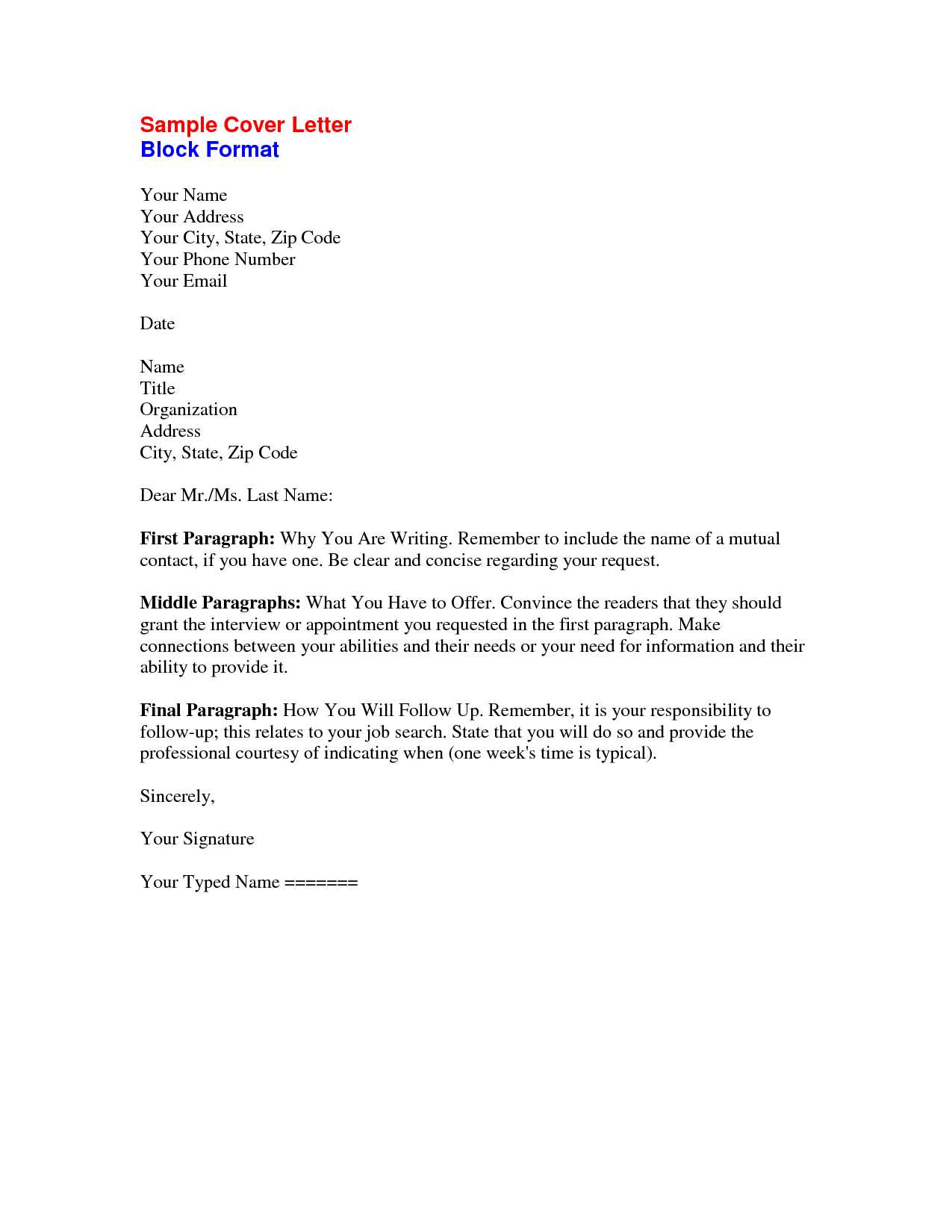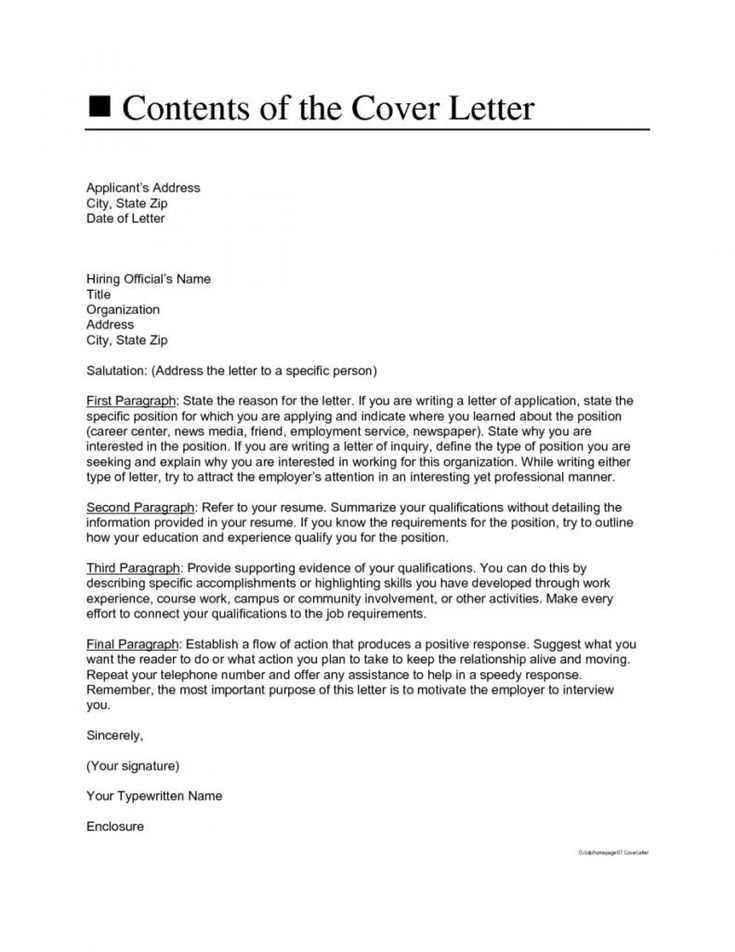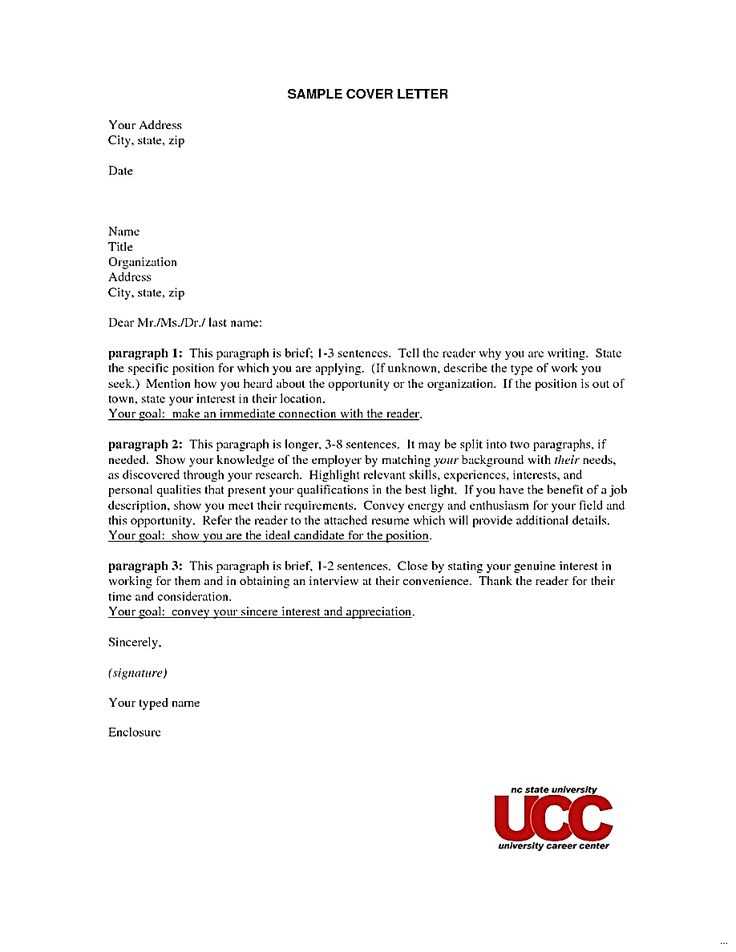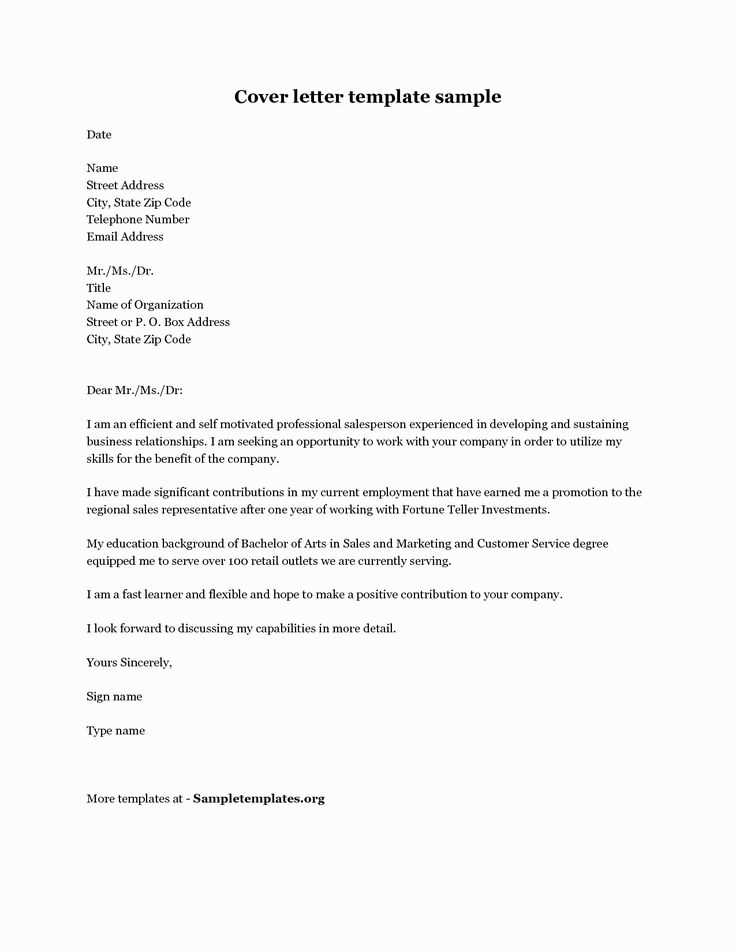Cover Letter Template for Unknown Recipient

When applying for a position or opportunity, there are situations where addressing an individual by name is not possible. In these cases, it’s important to craft a respectful and professional message that makes a strong impression despite the absence of specific details about the recipient.
Crafting the Opening

The first impression is crucial, even when you are unsure of the person’s identity. Begin with a polite and direct introduction. Make it clear why you’re reaching out, and establish the purpose of your communication early on. This sets the tone for the rest of your message.
Examples of Strong Openings

- “I am writing to express my interest in the opportunity at [Company Name].”
- “I would like to introduce myself and offer my qualifications for your consideration.”
- “As a professional in [industry], I believe my skills align with your organization’s needs.”
Body Content that Highlights Skills
Once you’ve made your introduction, focus on explaining how your qualifications and experience align with the requirements of the role or opportunity. Highlight relevant skills and past accomplishments that demonstrate why you would be a valuable asset. Avoid overly generic language and tailor the content as much as possible.
Key Points to Include
- Relevant professional skills or certifications
- Key achievements or projects
- Your motivation for seeking the opportunity
Closing with Respect and Clarity
In the final paragraph, ensure you leave a positive, professional impression. Thank the reader for their time and consideration. Express your enthusiasm for the next steps, such as discussing the opportunity further or scheduling an interview. End with a polite call to action, even if you don’t know exactly who will be reading.
Effective Closing Phrases
- “I look forward to the possibility of discussing this opportunity in more detail.”
- “Thank you for considering my application. I am eager to contribute to your team.”
- “I am excited about the chance to connect and explore how my skills could benefit your organization.”
Remember, while you may not know who will read your message, maintaining professionalism, clarity, and enthusiasm will ensure that you stand out, regardless of the recipient’s identity.
Why Write to an Unnamed Recipient
When applying for a role or seeking an opportunity, there are occasions where addressing a specific individual is not possible. Regardless of this, your communication can still be impactful and professional. Knowing how to structure your message effectively is key to making a positive impression, even without knowing the recipient’s name.
Understanding how to approach these situations ensures that your communication remains polished, and that your qualifications and interest in the role are clearly conveyed, despite the lack of personal contact details.
How to Address an Unfamiliar Individual
In situations where the recipient’s name isn’t available, using a respectful and general address works best. Avoid assumptions and overly casual tones, focusing on professional phrases that create a sense of formality. “To Whom It May Concern” is often used, though alternatives like “Dear Hiring Manager” or “Dear [Company Name] Team” can also be effective. Keep your tone neutral and courteous.
Key Elements of a Strong Application
A well-structured application should begin with a polite introduction, followed by a clear statement of purpose. Next, focus on relevant skills and achievements that demonstrate why you’re an ideal fit for the position. Keep the content concise but thorough, ensuring it highlights your qualifications without unnecessary elaboration. Be specific and provide examples when possible.
Tips for Crafting a Personalized Message

Even without knowing the recipient’s name, it’s important to make your message feel tailored. Personalization can be achieved by referencing the specific role or company you’re applying to, showing that you have done your research. Mention how your skills align with their needs and express genuine enthusiasm for the opportunity, making it clear that your message is not a generic one.
Common Mistakes to Avoid in Job Applications
Avoid using overly formal or impersonal language, as this can make your message feel disconnected. Don’t repeat the same points multiple times or over-explain your qualifications. Additionally, steer clear of generic statements like “I am hardworking” without backing them up with examples. Finally, be careful with the tone; you want to be professional, not overly casual or stiff.
How to Make Your Application Stand Out
To stand out, focus on clarity and precision in your writing. Tailor your message to showcase your strengths in relation to the specific opportunity, demonstrating that you’ve given thought to how you can contribute. Keep the tone friendly yet professional, and always ensure there are no spelling or grammatical errors. Your goal is to leave a lasting impression, even without direct contact.